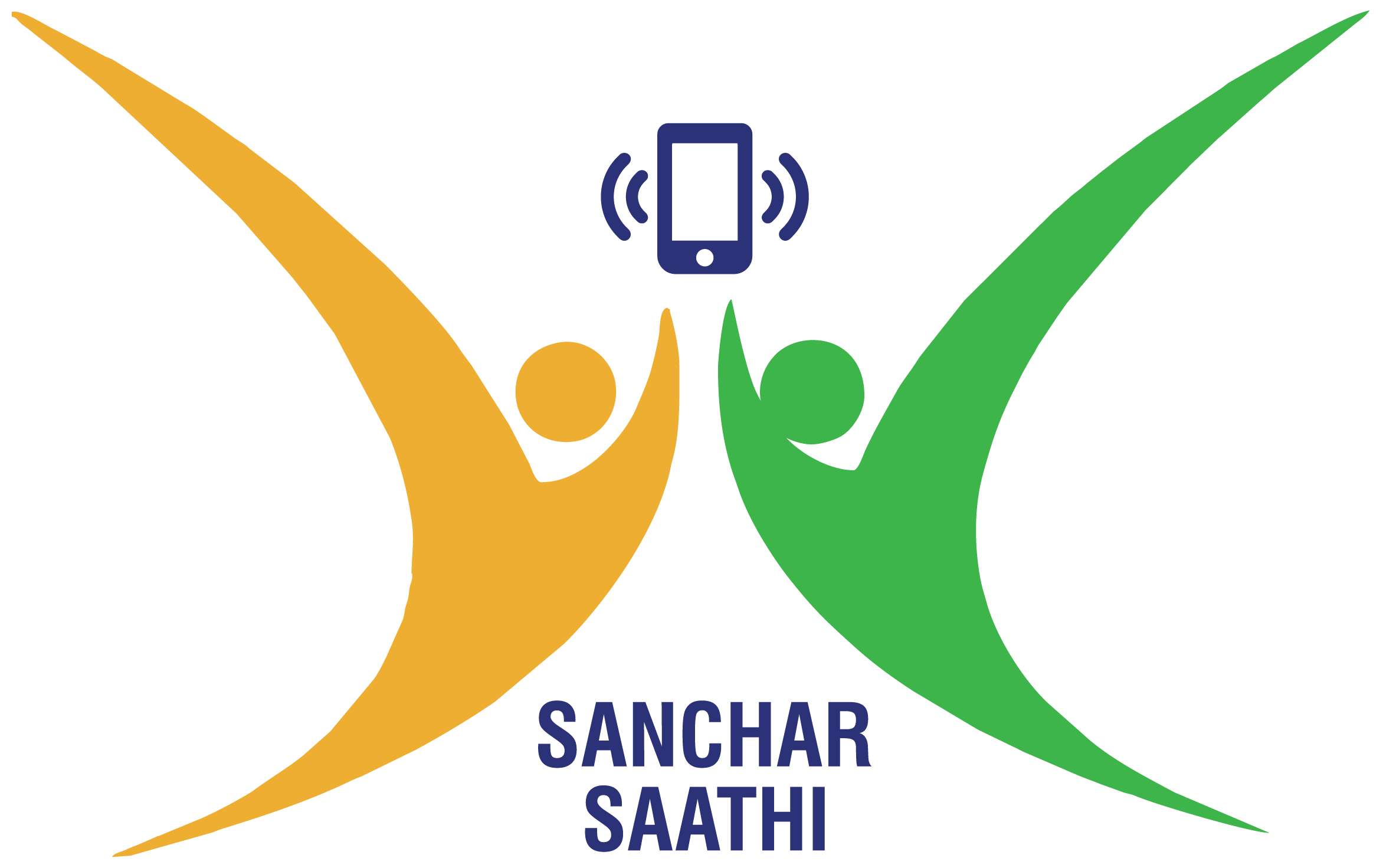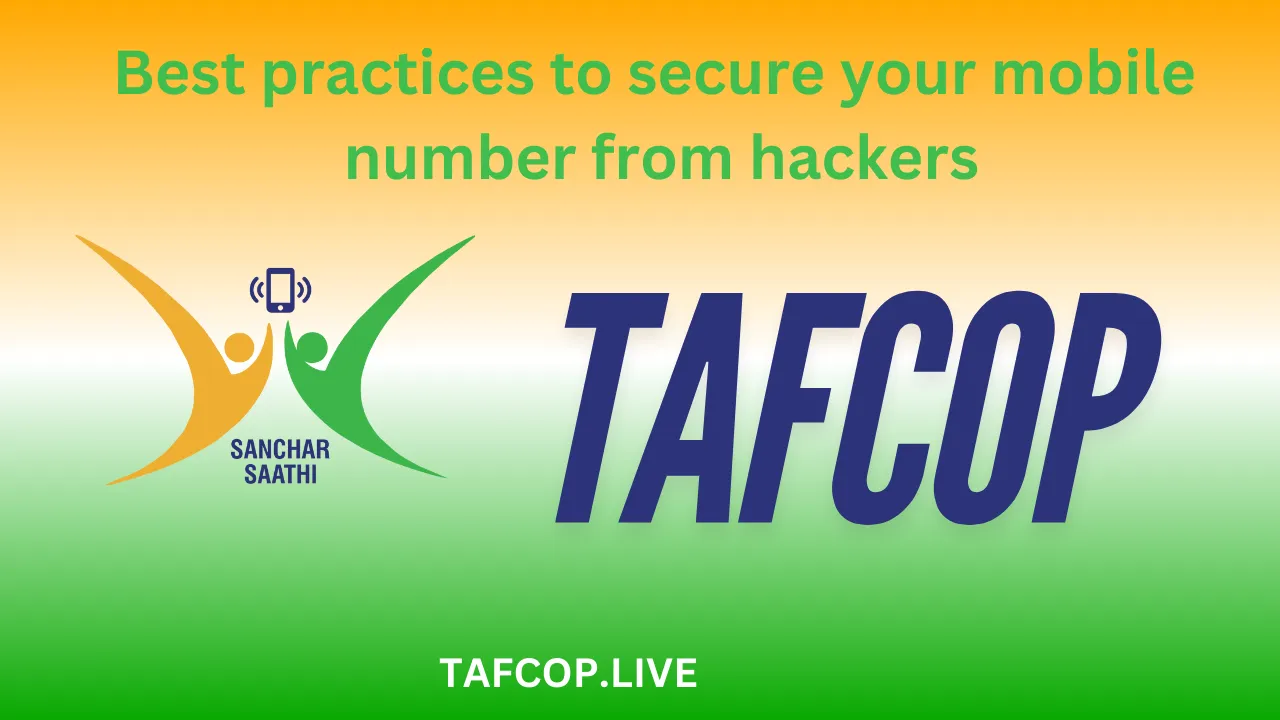In today’s digital age, your mobile number is more than just a way to call or text—it’s a gateway to your personal life. From banking apps to social media accounts, your number is tied to almost everything you do online. But here’s the scary part: hackers are always on the prowl, looking for ways to steal your number and misuse it. Imagine waking up one day to find your bank account emptied or your social media accounts hijacked. Sounds like a nightmare, right? Well, it doesn’t have to be. By following a few best practices, you can protect your mobile number from falling into the wrong hands.
So, how do you secure your mobile number from hackers? The exact answer is: Use strong, unique passwords for your accounts, enable two-factor authentication (2FA), avoid sharing your number publicly, and regularly monitor your accounts for suspicious activity. Let’s dive deeper into these practices and explore how you can keep your mobile number safe.
Best practices to secure your mobile number from hackers
To secure your mobile number from hackers, use strong passwords, enable two-factor authentication (2FA), avoid sharing your number publicly, and monitor your accounts for suspicious activity. These steps will help protect your number from being misused by cybercriminals.
Why Is Securing Your Mobile Number Important?
Your mobile number is like a master key to your digital life. Hackers can use it to reset passwords, access your bank accounts, or even impersonate you. For example, if a hacker gets hold of your number, they can trigger a SIM swap attack, where they trick your mobile carrier into transferring your number to their SIM card. Once they have control, they can bypass security measures and gain access to your sensitive information.
So, why should you care? Because losing control of your mobile number can lead to identity theft, financial loss, and a lot of stress. Think of it as leaving your front door unlocked—it’s an open invitation for trouble.
How Can You Protect Your Mobile Number from Hackers?
1. Use Strong, Unique Passwords
What’s the best way to secure your accounts? Use strong, unique passwords for each of your accounts. A strong password is like a sturdy lock on your door—it keeps intruders out. Avoid using common passwords like “123456” or “password.” Instead, create a mix of letters, numbers, and special characters. For example, instead of “mypassword,” try “MyP@ssw0rd2023!”
- Why does this matter? If one account gets hacked, a unique password ensures that your other accounts remain safe.
- Pro Tip: Use a password manager to generate and store complex passwords securely.
2. Enable Two-Factor Authentication (2FA)
What is 2FA, and why is it important? Two-factor authentication adds an extra layer of security to your accounts. Even if a hacker guesses your password, they won’t be able to access your account without the second verification step, which is usually a code sent to your mobile number or email.
3. Avoid Sharing Your Number Publicly
Where should you avoid sharing your mobile number? Be cautious about sharing your number on social media, public forums, or unverified websites. Hackers often scrape the internet for phone numbers to target.
- Example: Posting your number on Facebook or Twitter might seem harmless, but it’s an easy way for scammers to find you.
- Pro Tip: Use a secondary number for online forms or sign-ups to keep your primary number private.
4. Regularly Monitor Your Accounts
How can you spot suspicious activity? Keep an eye on your bank statements, mobile bills, and account notifications. If you notice any unfamiliar transactions or login attempts, take action immediately.
- Example: If you receive a text about a password reset you didn’t request, contact your service provider right away.
- Pro Tip: Set up alerts for your bank accounts to get notified of any unusual activity.
What Are Some Common Scams Targeting Mobile Numbers?
1. SIM Swap Fraud
What is SIM swap fraud? This is when hackers trick your mobile carrier into transferring your number to their SIM card. Once they have control, they can intercept your calls and messages, including one-time passwords (OTPs) used for banking.
- How to prevent it: Contact your mobile carrier and set up a PIN or password for account changes.
2. Phishing Scams
What are phishing scams? These are fake messages or emails designed to trick you into revealing personal information. For example, you might receive a text claiming to be from your bank, asking you to verify your account details.
- How to spot them: Look for spelling errors, suspicious links, or urgent requests for information.
- Pro Tip: Never click on links in unsolicited messages. Instead, visit the official website directly.
How Can You Strengthen Your Mobile Security?
| Security Measure | How It Helps |
|---|---|
| Use a VPN | Encrypts your internet connection, making it harder for hackers to intercept data. |
| Update Your Software | Fixes security vulnerabilities in your phone’s operating system and apps. |
| Avoid Public Wi-Fi | Public networks are often unsecured, making it easy for hackers to steal data. |
FAQs
Q: Can hackers steal my mobile number without physical access to my phone?
A: Yes, hackers can steal your number through SIM swap fraud or by tricking you into revealing personal information.
Q: What should I do if I suspect my number has been hacked?
A: Contact your mobile carrier immediately, change your passwords, and monitor your accounts for suspicious activity.
Q: Is it safe to use SMS-based 2FA?
A: While better than nothing, SMS-based 2FA is less secure than authenticator apps because hackers can intercept texts.
Conclusion
Securing your mobile number from hackers isn’t just a good idea—it’s a necessity in today’s connected world. By following these best practices, like using strong passwords, enabling 2FA, and avoiding public sharing of your number, you can significantly reduce the risk of falling victim to cybercrime. Remember, your mobile number is a valuable asset, and protecting it should be a top priority. Stay vigilant, stay informed, and keep your digital life safe.

